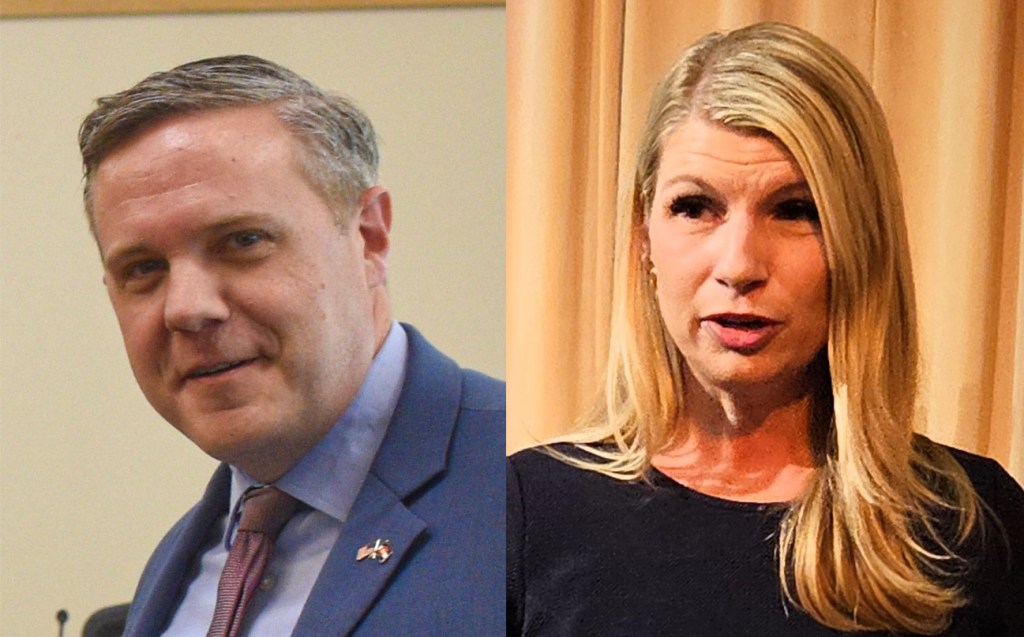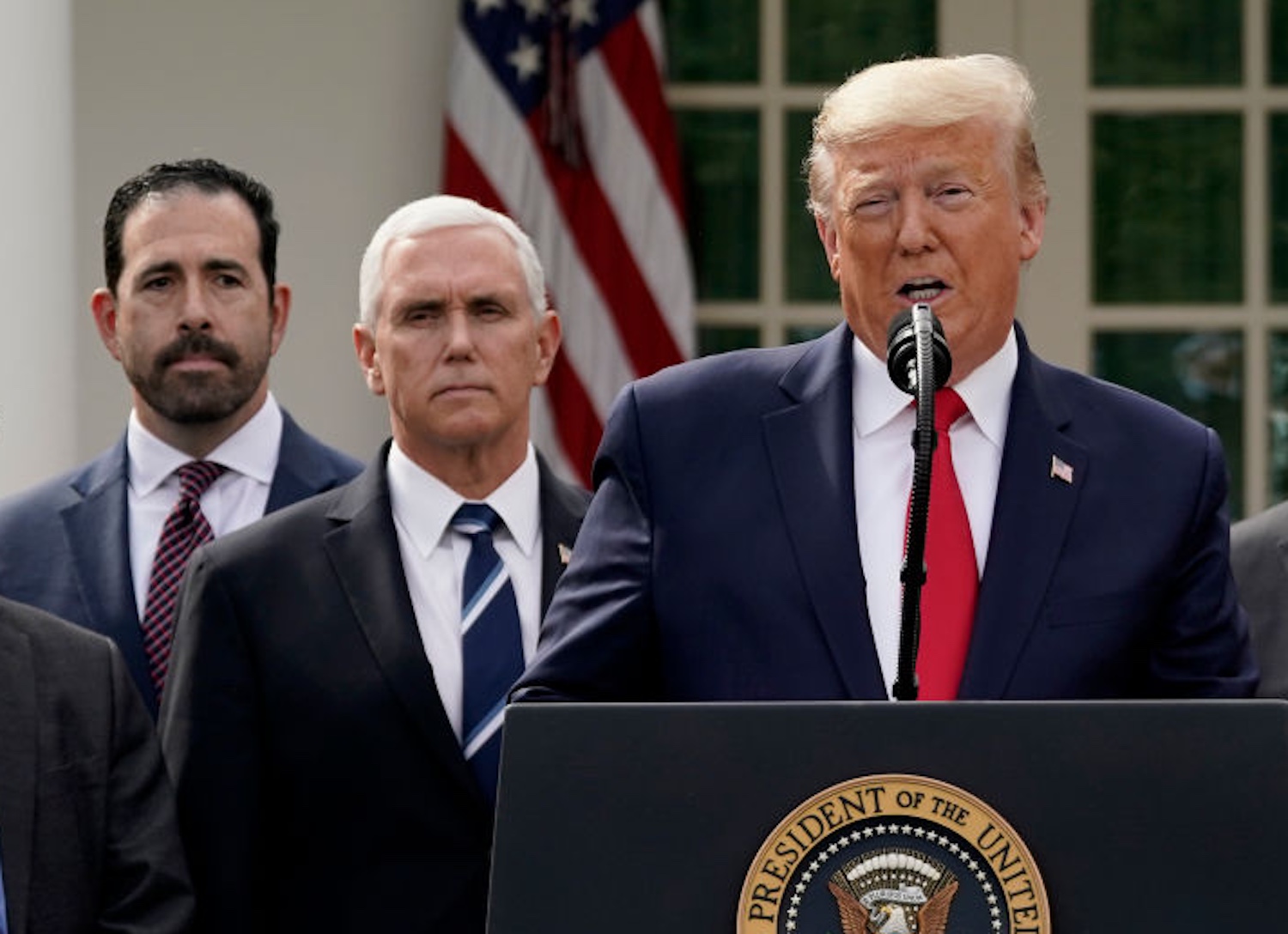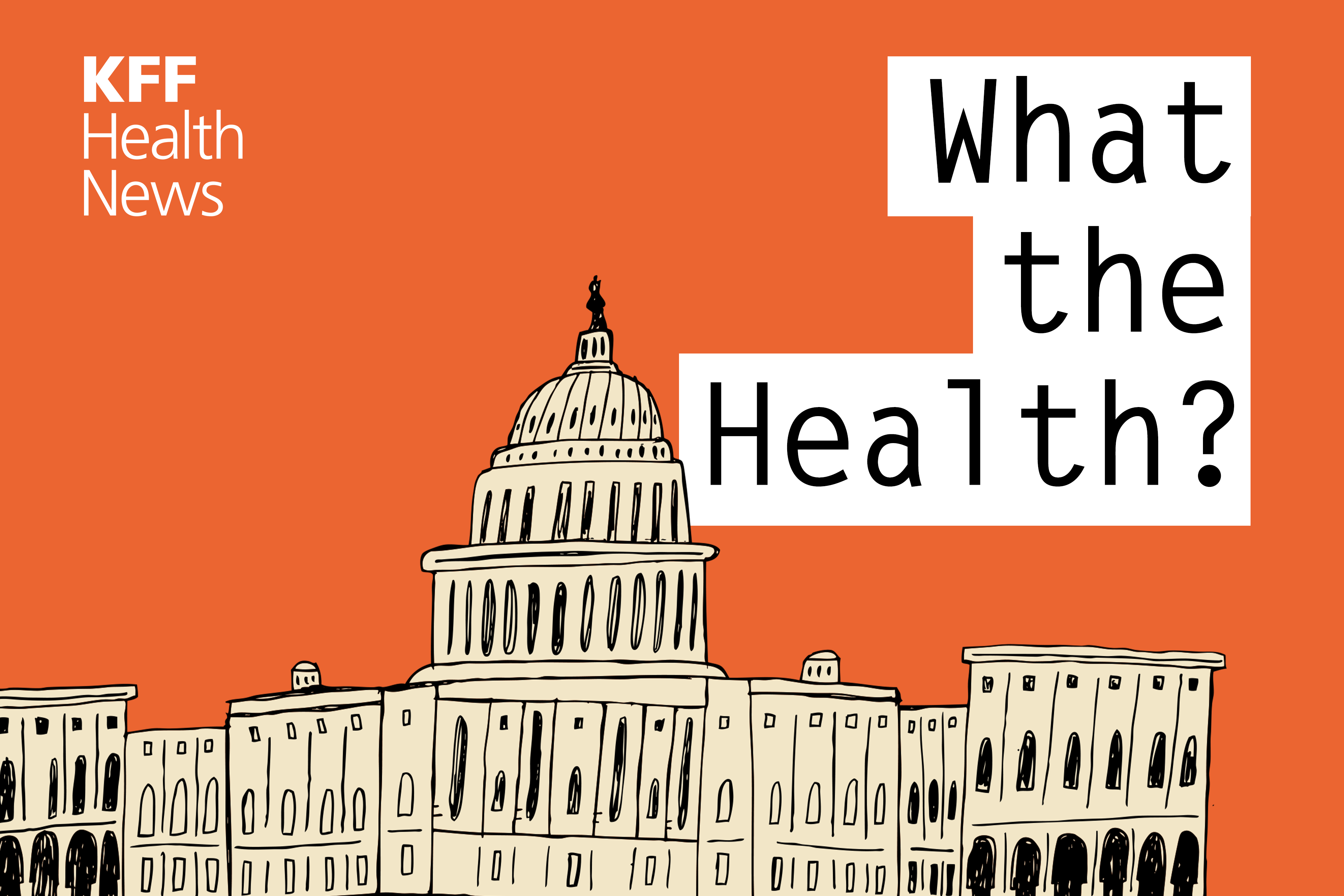Colorado's Congressional Delegation Battles to Shield Patients from Healthcare Cutbacks

H.R. 1, dubbed the Big Beautiful Bill, is set to dramatically reshape Medicaid eligibility, potentially leaving thousands of low-income Americans without healthcare coverage. The proposed legislation introduces stringent work requirements and more frequent eligibility verification, which could significantly reduce the number of current Medicaid enrollees.
Under the new bill, Medicaid recipients will face increased bureaucratic hurdles, including mandatory proof of employment and more frequent documentation checks. These changes aim to streamline the program but critics argue they will disproportionately impact vulnerable populations who may struggle to meet the new requirements.
Proponents of the bill claim these measures will help ensure that Medicaid resources are directed to those most in need, while reducing potential program abuse. However, healthcare advocates warn that the proposed changes could leave many low-income individuals and families without critical healthcare access.
The potential impact of H.R. 1 extends beyond simple numbers, potentially creating significant challenges for those already struggling to maintain healthcare coverage in an increasingly complex system.








